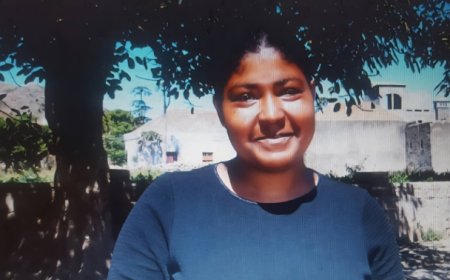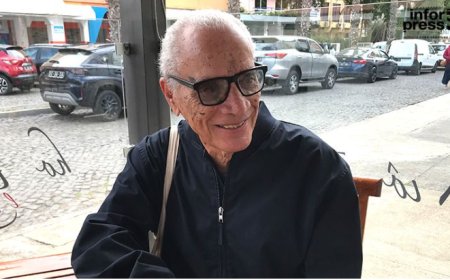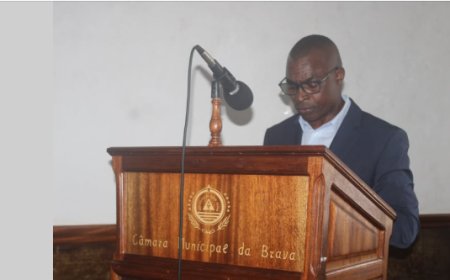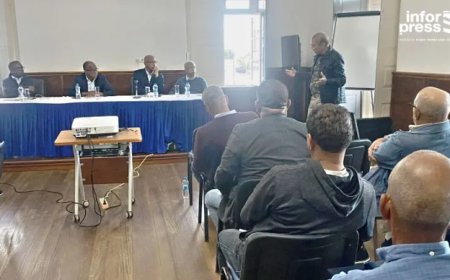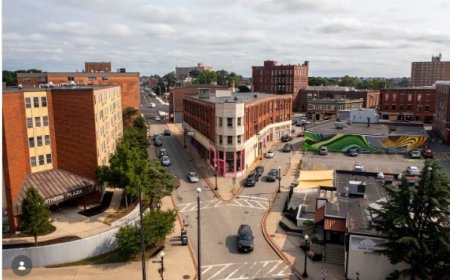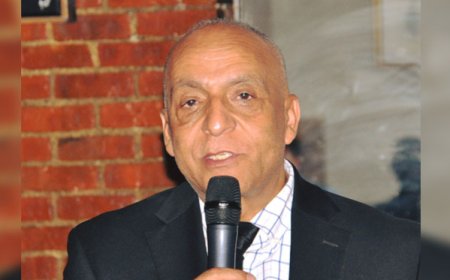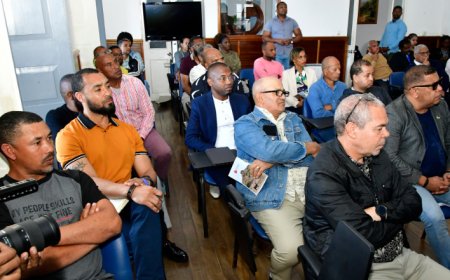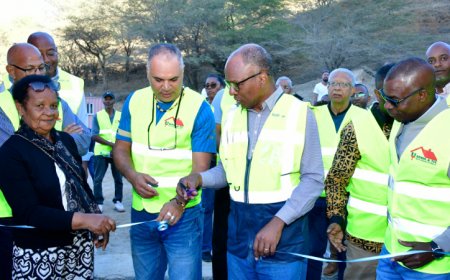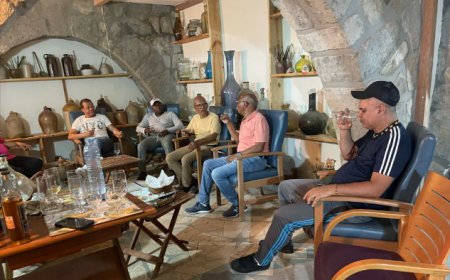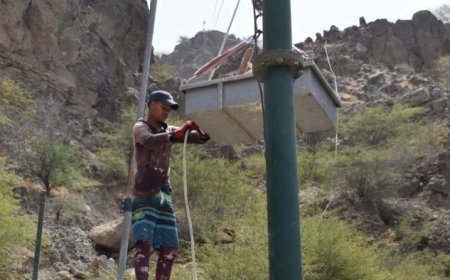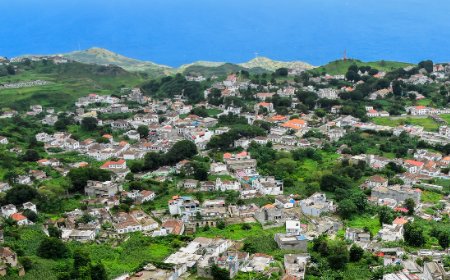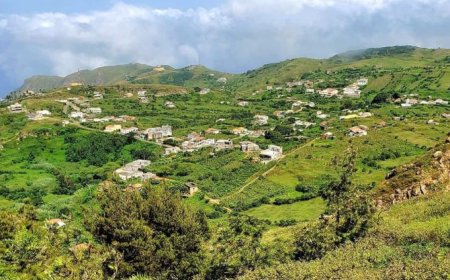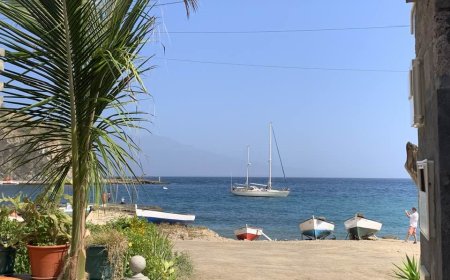The island of Brava between the dream and the reality of returning emigrants
The former mayor of Brava, Francisco Tavares, has brought to public debate an issue that is as sensitive as it is unavoidable: the need for more residents to sustain the island's development. In a text full of realism and some irony, Tavares calls for the return of Brava's emigrants, arguing that only with people living on the island will it be possible to justify investments, boost the economy and guarantee quality public services.
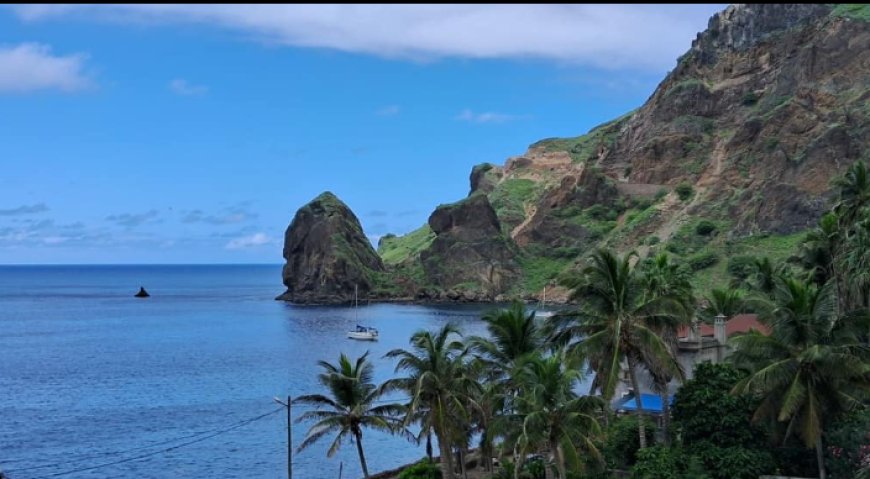
The argument is not new, but it gains strength when it comes from someone who knows the limits and potential of local governance from the inside. Brava, with just over five thousand inhabitants and a historic emigration rate that continues to empty the island, today faces a dilemma: it demands more investment from the central government, but sees schools closing for lack of pupils and qualified young people leaving never to return.
Francisco Tavares touches on a wound that many prefer to ignore. The truth is that the island doesn't have the critical mass to sustain a consistent development project. The resources arrive - and, proportionally, they even arrive in greater volume than for other islands - but there is a lack of people to turn these investments into concrete results.
The "dream" launched by the former mayor - the return of 4,500 emigrants to increase the population to 10,000 - sounds like utopia. Not because it's undesirable, but because reality weighs more heavily: hardly anyone would trade decent salaries and living conditions abroad for the precariousness of a small and limited market like the one in Brava. And it is precisely this contradiction that explains why the island continues to lose young people, despite the inflammatory speeches about love for the land.
There is therefore a question of collective responsibility here. The diaspora loves Brava from afar, but is rarely willing to make the sacrifice of returning and living on the island. On the other hand, local residents continue to blame the central government for the "abandonment", forgetting that without population there is no development that can endure.
Francisco Tavares' appeal should therefore be read less as a romantic invitation and more as a punch on the table: either the Brava finds a way to attract people and retain young people, or it will continue to be a territory condemned to external dependence and the rhetoric of abandonment. The dream of a mass return may be just that - a dream - but the reflection it prompts is urgent and necessary.
MS

















